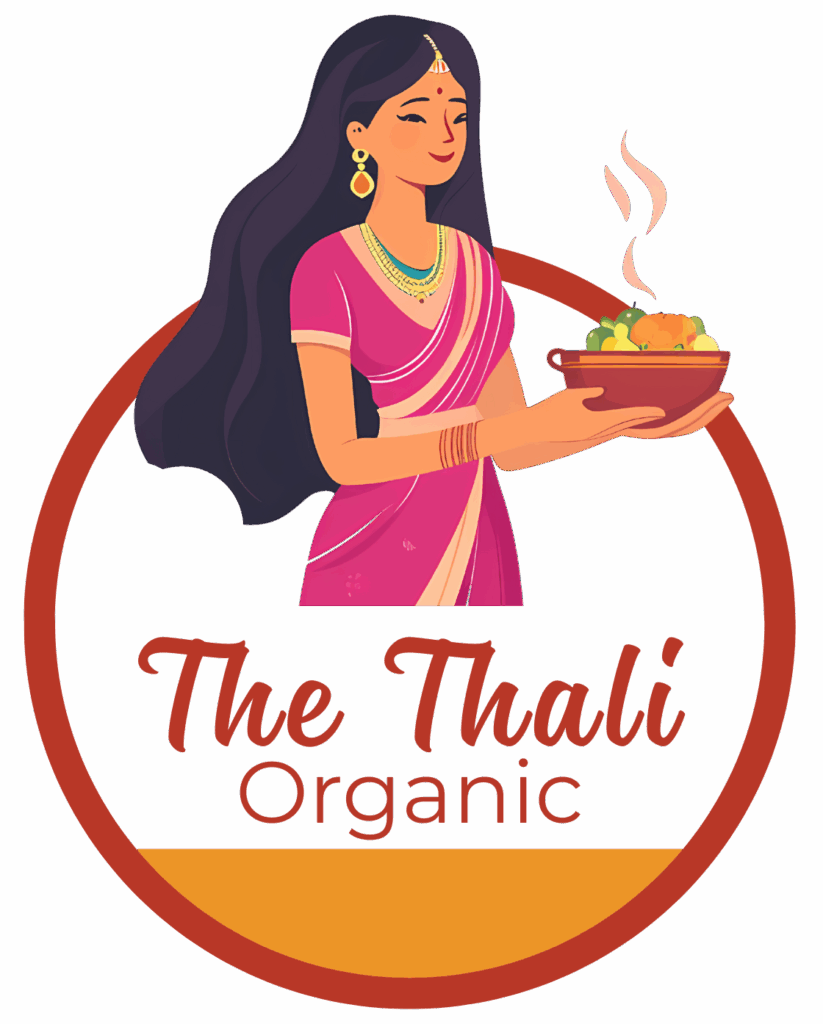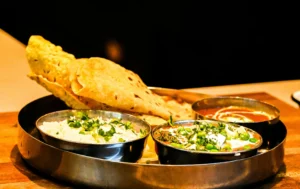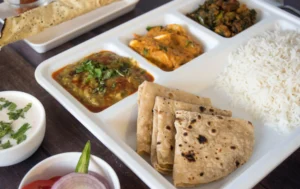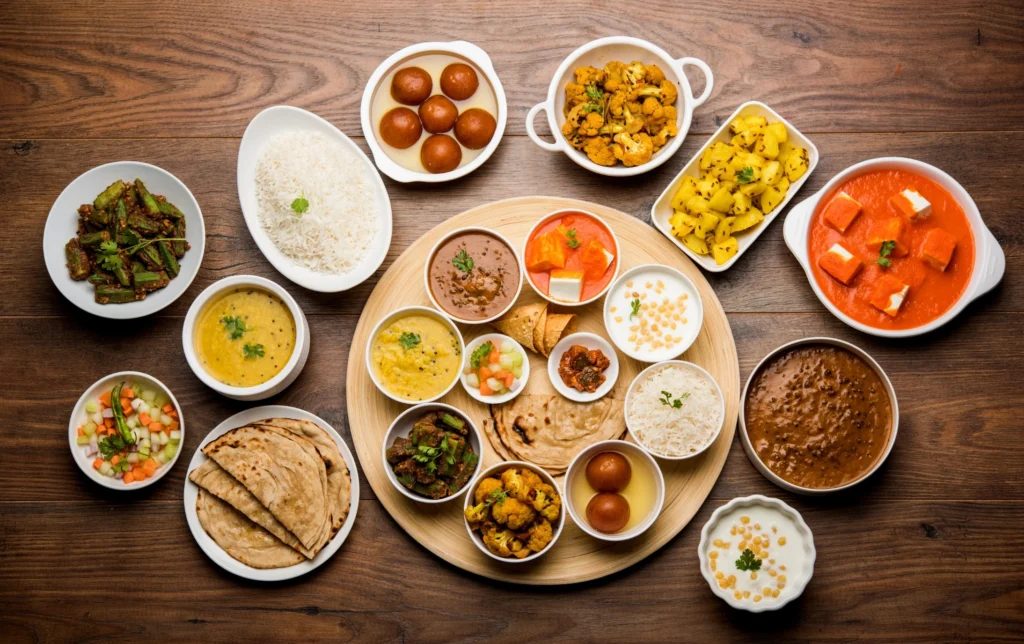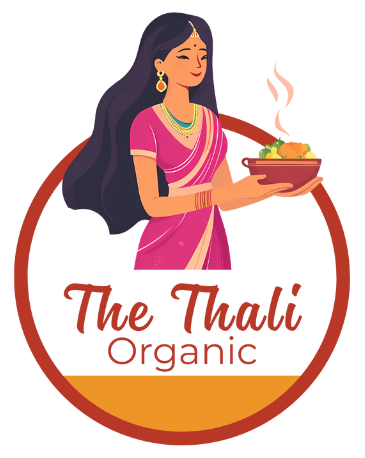The reality is that sustainability is more than a buzzword. From the way we drive to how we eat, the choices we make have a ripple effect on the environment. Arguably one of the most impactful ways to live a little greener is on our dinner plate. And few dishes represent this philosophy better than the classic Indian thali — particularly when it’s prepared the Thali Organic way.
The Thali Tradition : A Meal As Natural As Sustainable
There are really not many dishes as nourishing as an Indian thali, and a classic does more than group together a few tasty nibbles, it teaches you how to eat. The archetypal dish, made of lentils, vegetables, rice, roti and condiments, it deploys just the right quantities of local, seasonal, plant-based ingredients. It’s a meal that’s been engineered to fill up without overdoing it, minimize waste and maximize nutrition.
“When food is in harmony with nature, it automatically becomes good for the body and the planet,” says chef and proponent for sustainability, Anahita Dhondy.
In contrast with processed foods, or fast food—the greasy fries, the brown, crispy greasebomb—the thali is about whole foods: those that need little in the way of industrial intervention. Beans, including dal; vegetables including okra or spinach; and grains like millet or rice are all climate-smart crops that require less input and are grown in a sustainable way.
Local Sourcing, Lesser Footprint
At Thali Organic, sustainability is not a concept, it is at the very heart of their kitchen philosophy. Everything is farm sourced; this way shrinks its carbon footprint and strengthens it’s community through local organic farming. The produce is seasonal and grows naturally with no artificial inputs, thus ensuring that soil health is maintained and biodiversity is preserved.
This small scale organic operation was also void of harmful pesticides and chemical fertilizers, ensuring cleaner water systems, healthier soil, and a lower carbon footprint.Plant-Powered for the Planet
Another reason the thali shines in sustainability is its plant-based foundation. Vegetarian meals inherently have a lower environmental impact than meat-heavy diets. Lentils, legumes, and vegetables are rich in nutrients while being light on the planet.
“A single lentil-based thali meal can use up to 10 times less water and land than a meat-based one,” notes environmental researcher Dr. Ramesh Iyer.
By eating more such meals, you’re not only reducing your ecological impact, but also aligning your diet with traditional wisdom and global sustainability goals.
Minimal Waste, Maximum Respect
The Indian thali also encourages portion control and mindful consumption. Each serving is balanced, reducing over-eating and food waste. At Thali Organic, this principle is taken a step further with eco-friendly packaging, compostable materials, and a zero-waste kitchen policy that reflects their deep respect for food and the environment.
Conclusion
A simple thali can be a powerful act of environmental stewardship. With every bite, you can support local farmers, reduce your carbon footprint, and choose a lifestyle that’s kind to both your body and the earth. If you’re looking for meals that are organic, sustainable, and rooted in tradition, The Thali org is your answer. Taste the change—one thali at a time.
